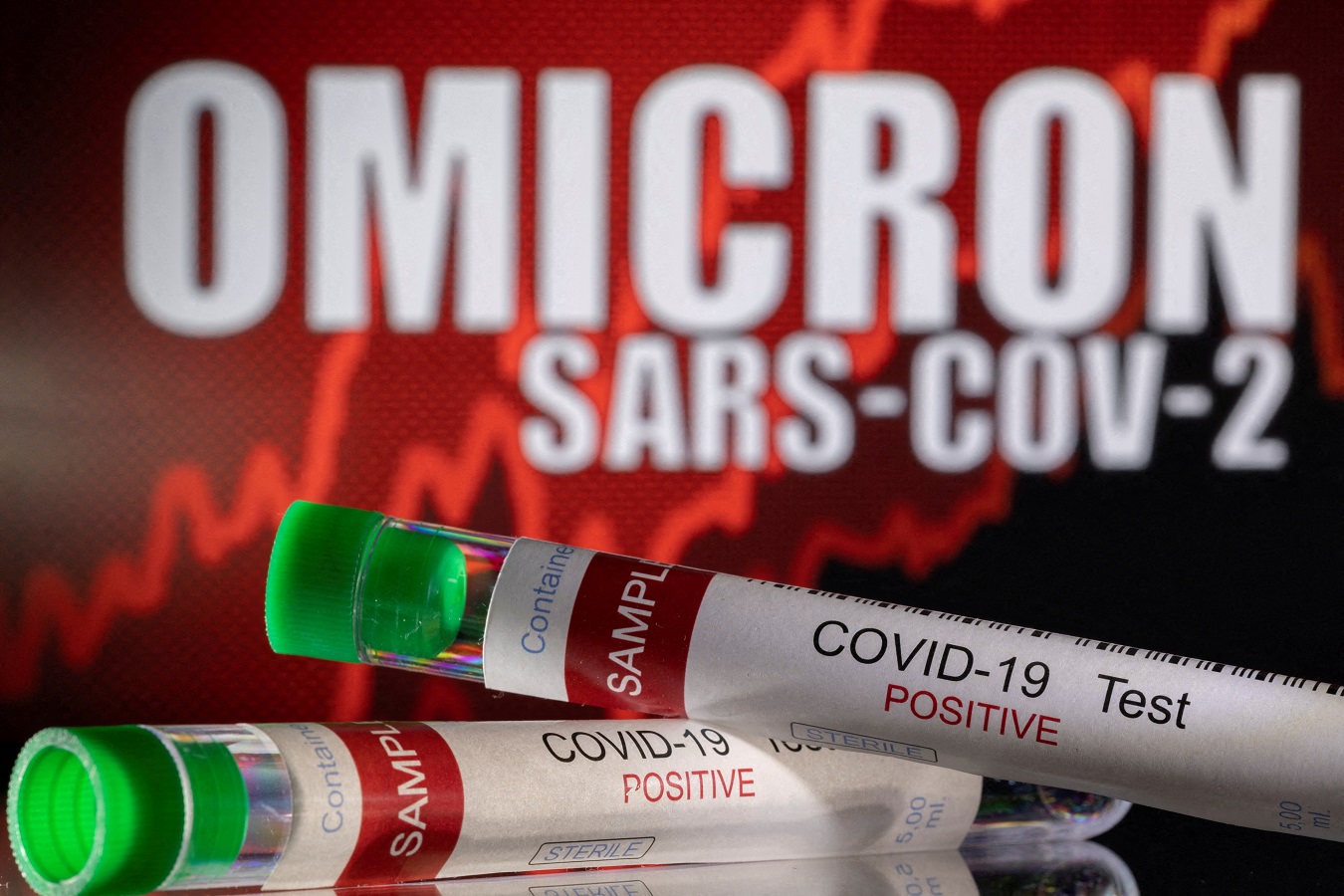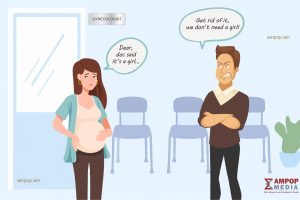About 8.2 billion doses of vaccine against Covid-19 (Sars-CoV-2) have been administered globally since the start of the vaccination process.
The top ten of “conscientious” countries have not changed much in the last year․ The countries of Western Europe and the Americas continue to lead in the number of complete vaccinated populations with two doses.
At the same time, millions of people around the world who have not received the first and the second doses of the vaccine, according to the World Health Organization, are at the risk of developing a serious disease.
According to the WHO Regional Office for Europe, the trajectory of the pandemic will depend on each resident. Taking into account the cases of re-infection and the possibility of new variants, the Office urges to get vaccinated straight away in order to break the transmission chain of the infection as soon as possible.
The Covid-19 Omicron variant poses a new challenge to the world, including countries with a high percentage of vaccinated populations. As of January 5, for example, in the United Kingdom, where 70% of the country’s population is fully vaccinated, about 96% of confirmed cases were of the Omicron variant. It has also been diagnosed in 80-90% of patients in France and the United States.
As “Ampop Media” was informed by the WHO Regional Office for Europe, in the case of Omicron, according to preliminary data, the available vaccines are less effective but protect against severe disease․
“In the case of Omicron, one should not rely on the natural immunity acquired as a result of being previously infected with COVID-19. If you have had COVID-19, anyway, get vaccinated! Laboratory tests clearly show that recovery from COVID-19 infection does not provide such a level of protection that the immune system can prevent further infection. Cases of re-infection are also possible, so the best way to protect yourself from getting infected and from potentially severe disease is to get vaccinated.”
The fact that the unvaccinated population becomes more vulnerable in this situation is considered beyond doubt by the WHO Regional Office for Europe. It is predicted that the Omicron will spread with unprecedented speed and, as in the case of the Delta wave, the unvaccinated communities will suffer the most.
The two most prevalent in the world now are the Delta and Omicron variants. The “competition” between these two variants is quite fierce. The Delta and Omicron ratio changes over the weeks. The earlier known variants of Covid-19 have a much lower level of circulation.
There are already active outbreaks of Omicron variant in different continents of the world in more than 30 countries. “Ampop Media” studied the detection rates of Delta and Omicron variants among the confirmed cases in those countries with a difference of 1 month and found that there is an inverse correlation between the two variants. It means that the increase in Omicron variant leads to almost the same decrease in Delta variant. This is evidenced by the chart below.
All the genetic material of coronaviruses is in RNA. In order to find out what type or variant of the virus a person is infected with, RNA (ribonucleic acid) of the virus is sequenced. The health systems of countries must be very vigilant to detect the spread of different variants of the virus in a timely manner.
The national health authorities of Armenia have recently received special laboratory test systems, which allow detecting cases of the Omicron variant. The first two cases of Omicron were registered in Armenia on January 8. Another 7 cases were registered on January 17.
Vaccination strategies are needed to fight the virus effectively. One of the issues related to Covid-19 that still remains uncertain is the continuity of vaccinations. Comparing the facts so far, experts have come to the conclusion that six months after vaccination, the protection decreases to some extent.
Given this fact, the WHO considers it expedient to carry out a booster vaccination six months after the full vaccination of people at high risk. According to the WHO Regional Office for Europe, the use of booster doses should be based solely on evidence, aimed at ensuring the smooth running of the health care system, and aimed at groups that are at high risk of developing severe disease.
“We do not yet know what effect the third booster dose will have. If there is an increase in severe cases, it will eventually be better to wait for the updated vaccine rather than continue to use the initial “first-generation” boosters.”
The WHO does not rule out that Covid-19 could become an endemic disease and that vulnerable populations would need to be vaccinated regularly, as in the case of influenza.
“Therefore, we cannot exclude the possibility of regular vaccinations against it,” the WHO Regional Office for Europe said in response to a written inquiry by “Ampop Media”.
There is not enough information yet on how long the booster vaccine can prevent the severe course of the disease. Especially with the emergence of new variants, it is difficult to assess the likelihood of transmission.
At present, only one booster vaccine is used to keep people at high risk away from possible serious consequences of infection.
Vaccination may also be crucial in moving from country to country. The WHO member states develop their travel policies as they wish, although the WHO does not consider the vaccination a necessary prerequisite for travel.
However, the EU has recently announced that its digital COVID passport will only be valid for 9 months after receiving the full vaccination or booster dose.
Text by Lilit Poghosyan
Charts by Karine Darbinyan
# COVID19
© The copyright of stories and visualizations on Ampop.am belongs to “Journalists for the Future” NGO. It is forbidden to use Ampop’s content and images without active hyperlinks to the source website. Uploading of infographics and images of Ampop.am is possible only in case of an agreement reached with JFF.
Փորձագետի կարծիք
First Published: 30/01/2022










